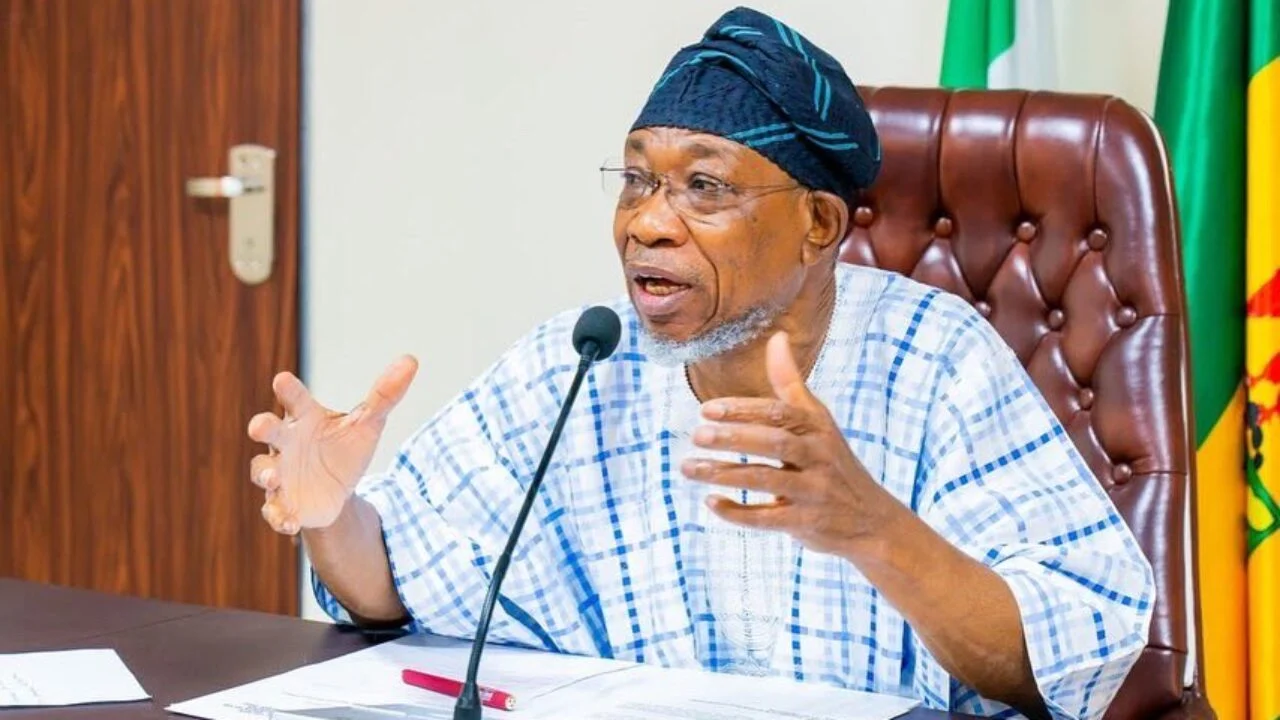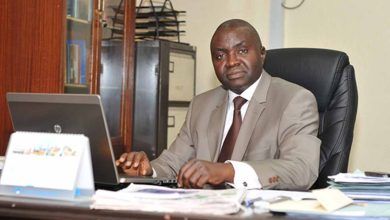
The Nigerian Government has announced a renewed focus on the renewable energy sector to address critical energy supply challenges and boost key sectors such as education, healthcare, agriculture, rural communities, and transportation. This strategic shift is aimed at improving access to electricity and fostering sustainable development, particularly in underserved areas.
A major component of this strategy is the deployment of mini-grids under the e-HEART project, which is set to benefit 80 million Nigerians who currently lack electricity access. The project aims to enhance energy supply to rural communities, thus reducing rural-urban migration and stimulating local economies.
As part of the government’s commitment to renewable energy, another $700 million has been earmarked from the African Development Bank for the “Desert to Power” project, which will harness solar energy in the northern region of Nigeria. This initiative is expected to generate significant renewable energy resources for underserved communities.
Speaking at a stakeholder engagement workshop in Abuja, the Minister of Power, Adebayo Adelabu, emphasized the importance of off-grid electricity solutions in bridging the nation’s electricity supply gap. He noted that these off-grid initiatives have become essential in the government’s plan to complement the national grid.
Adelabu, represented by the Director of Renewable and Rural Power Access Sunday Owolabi, expressed optimism that the renewable energy projects would positively impact at least 13 million Nigerians. He also highlighted the recent $750 million loan from the World Bank, which is expected to address challenges related to the national grid and improve overall power supply stability.
“The dichotomy between on-grid and off-grid solutions should no longer be seen as a division but as complementary components of a holistic energy strategy,” Adelabu said, acknowledging ongoing efforts to tackle energy challenges.
In the most recent Federal Executive Council meeting, €161 million worth of contracts were approved for the upgrade of power substations under the Presidential Power Initiative. Adelabu assured stakeholders that efforts to add 150MW to the national grid and expand substations were on track.
The Rural Electrification Agency (REA) has made significant strides in providing renewable energy access, with 124 mini-grids and 25,580 solar home systems installed, providing power to over 195,000 Nigerians across various communities. REA Managing Director, Abba Aliyu, highlighted the agency’s achievements, including projects aimed at providing uninterrupted power to 3,700 primary healthcare centers and schools across Nigeria’s 36 states and the Federal Capital Territory (FCT).
Aliyu also stressed the government’s unwavering support for renewable energy and called on sub-national governments and the private sector to engage with the various initiatives being rolled out. “There has never been a time in this country when the renewable energy sector received the level of attention and support that it is getting from this government,” he stated.
Looking ahead, Aliyu revealed that next year would see the launch of even more ambitious projects, including the National Power Central Solarization Initiative and further developments under the Desert to Power project. He urged state governments to take advantage of these opportunities and collaborate with the federal government to ensure reliable and sustainable power supply.





